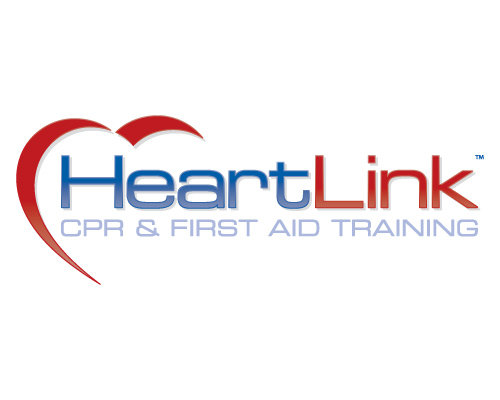Pediatric Advanced Life Support
Pediatric Advanced Life Support (PALS) is designed to provide the Healthcare Provider with knowledge on pediatric life saving skills. The students will be give case studies, walked through airway management systems and given the opportunity to practice codes on an infant and child in simulation. If a person wishes to take the course and is not familiar with the material, they should consider PEARS or Airway management to familiarize themselves with the airway management material. Students are required to complete all course videos, sit for a written exam, and code case skills test. Nurses, RT’s and Paramedics can receive CEU’s for this course.
Educational Opportunities:
RQI Healthcare Pediatric Advanced Life Support (PALS)
RQI Healthcare PALS verifies competence in pediatric advanced life support for infants and children. This program is an extension of RQI Healthcare Provider. Learners demonstrate knowledge via eLearning cognitive assessment activities; core skills in the Provider program are not repeated in PALS. Successful participation results in RQI verified eCredential and CME/CE credit.
1. RQI Healthcare Pediatric Advanced Life Support (PALS)
RQI Healthcare PALS verifies competence in pediatric advanced life support for infants and children. this program is an extension of RQI Healthcare Provider. Learners demonstrate knowledge via elearning cognitive assessment activities; core shills in the Provider program are not repeated in PALS. Successful participation results in RQI verified eCredential and CME/CE credit.
2. Pediatric Advanced Life Support (PALS) for Healthcare Providers – Online With Skills Check
This Class Has Two Parts:
Part 1 – A self-paced series of online training modules (30 minutes – 2 hours based on experience)
Part 2 – Skills practice and test (20 minutes – 1 hour) at our facility with a VAM (voice assisted manikin). During the skills session an instructor will not be present but will be available by email or phone if needed. The computer and manikin will guide you through the skills session.
The American Heart Association® (AHA) HeartCode® programs deliver quality resuscitation training through a flexible delivery method that allows providers and administrators more control of their time, schedules and resources. HeartCode programs incorporate online learning and hands-on skills training, allowing learners to complete lessons on their own time.
HeartCode Complete® offers the next step in resuscitation training with the use of the Simulation Station. HeartCode Complete allows learners to fully complete their AHA BLS, ACLS or PALS training at their own pace, with courses delivered through any learning management system or through RQI Partners’ own RQI 1Stop platform.
By combining comprehensive online learning with hands-on skills practice and testing, HeartCode Complete offers consistent, high-quality resuscitation training across a healthcare organization at a pace suited for every individual.
After completing both parts, students will receive a PALS course completion card that is valid for two years.
Who should take this class?
The PALS Course is designed for healthcare providers who respond to emergencies in infants and children and for personnel in emergency response, emergency medicine, intensive care and critical care units.
The American Heart Association strongly promotes knowledge and proficiency in all AHA courses and has developed instructional materials for this purpose. Use of these materials in an educational course does not represent course sponsorship by the AHA. Any fees charged for such a course, except for a portion of fees needed for AHA course materials, do not represent income to the AHA.
*If online course is purchased during non-business hours, online course will be sent the following business day (business hours are 9am-5pm, Monday-Friday).
Course Content
- After successfully completing this course, students will be able to
- Perform high‐quality cardiopulmonary resuscitation (CPR) per American Heart Association (AHA) basic life support (BLS) recommendations
- Differentiate between patients who do and do not require immediate intervention
- Recognize cardiopulmonary arrest early and begin CPR within 10 seconds
- Apply team dynamics
- Differentiate between respiratory distress and failure
- Perform early interventions for respiratory distress and failure
- Differentiate between compensated and decompensated (hypotensive) shock
- Perform early interventions for the treatment of shock
- Differentiate between unstable and stable patients with arrhythmias
- Describe clinical characteristics of instability in patients with arrhythmias
- Implement post–cardiac arrest management
Features
-
- Updated to reflect new science in the 2020 American Heart Association Guidelines for CPR & ECC
- HeartCode® PALS is the AHA’s blended learning delivery method for the AHA’s PALS Course. HeartCode® blended learning delivers quality resuscitation education regardless of where providers are located and gives them more control to complete the course at their own pace.
- Providers first complete the online portion of HeartCode® PALS and then complete a hands-on skills session with an AHA PALS Instructor or on a simulation station.
- To enter the course, participants must complete a pre-course self-assessment.
- The PALS Course is for healthcare providers who either direct or participate in the management of respiratory and/or cardiovascular emergencies and cardiopulmonary arrest in pediatric patients.
